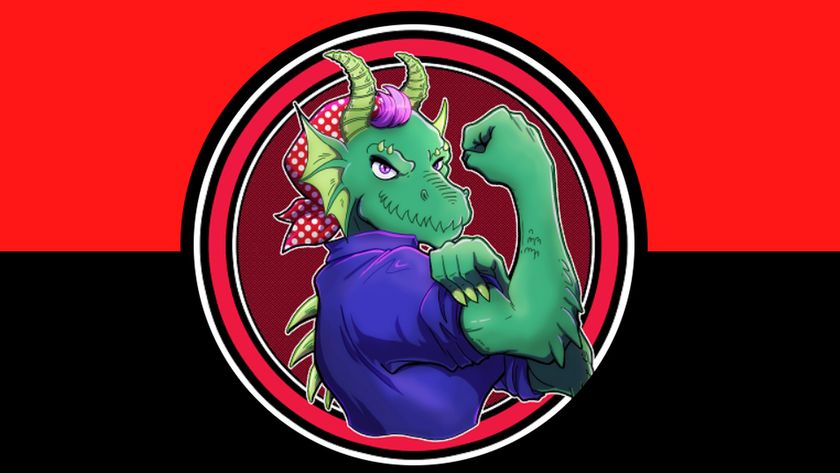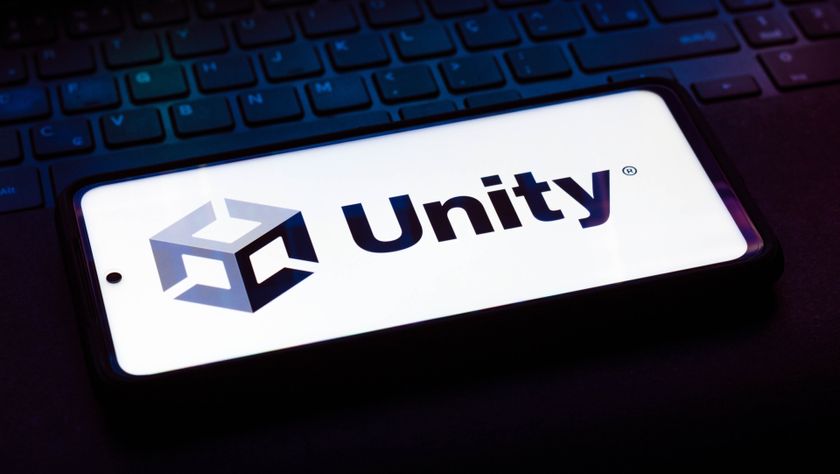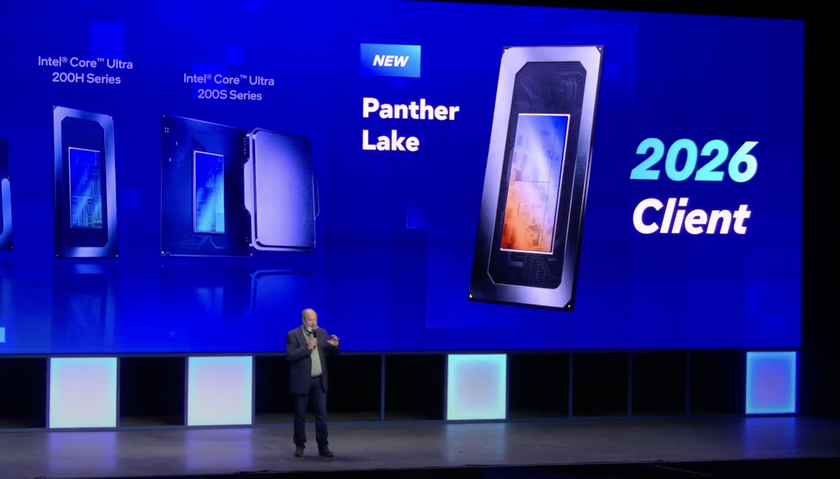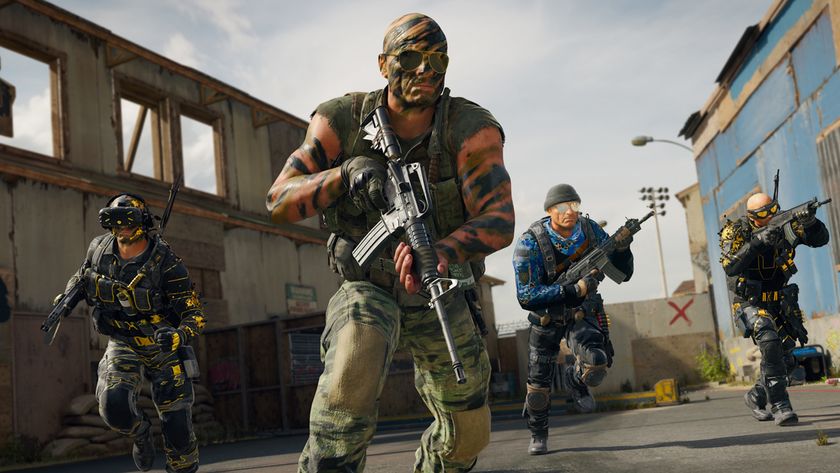Russian antivirus giant Kaspersky leaves the US after two decades, slams the 'theoretical concerns' that led to it being banned
The US claims the Kremlin could abuse Kaspersky software "to access and potentially exploit sensitive U.S. technology and data".

The Russian antivirus company Kaspersky Labs has announced it is leaving the United States, following last month's decision by the Biden administration to ban the sale of Kaspersky software over alleged links to the Kremlin. A Kaspersky spokesperson told the BBC it was a "sad and difficult decision" but that "business opportunities in the country are no longer viable".
Announcing the ban last month, US Commerce Secretary Gina Raimondo said that Moscow's alleged influence over Kaspersky was a risk to US infrastructure. "Russia has shown it has the capacity—and even more than that, the intent—to exploit Russian companies like Kaspersky to collect and weaponize the personal information of Americans," said Raimondo. The ban meant Kaspersky would no longer be allowed to sell or provide updates to its software after September 29 and, the day after it was announced, the US Treasury announced sanctions on a dozen Kaspersky executives for good measure, though oddly did not target CEO and co-founder Eugene Kaspersky.
Kaspersky Labs initially said it intended to challenge the ban in court, but that appears to have gone by the wayside (let's face it, a Russian firm taking on the US government in a US court over national security was never going to end well). "Starting from July 20, 2024 Kaspersky will gradually wind down its US operations and eliminate US-based positions," said a statement issued to Zero Day. "The decision and process follows the final determination by the US Department of Commerce, prohibiting the sales and distribution of Kaspersky products in the US."
The ban didn't come out of nowhere: the US Department of Homeland Security issued a directive in 2017 banning federal agencies from using Kaspersky software, swiftly followed by a 2018 ban on any use by the US military.
Kaspersky Labs was founded in 1999 and has been operating in the US since 2005. Its headquarters are in Moscow, with offices worldwide, and the company claims over 400 million customers use its antivirus software. The announcement that it will be ceasing US operations is accompanied by the news that all US employees will be laid off (apparently less than 50 people).
For its part, Kaspersky denies that it is a threat to US national security, and denies its products provide a potential backdoor for Moscow to go snooping around American computers. It said when the ban was announced that this was a symptom of "the present geopolitical climate and theoretical concerns," perhaps most obviously the ongoing Russian invasion of Ukraine, which has seen the US alongside many other nations providing aid to Ukraine while imposing sanctions on Russia and Russian interests.
"Kaspersky's business remains resilient, and our key priority remains the same—to protect our customers in any country from cyberthreats," reads a Kaspersky statement. "Being a global cybersecurity vendor, the company will continue investing in strategic markets and remain committed to serving its customers and partners and ensuring their protection."
The biggest gaming news, reviews and hardware deals
Keep up to date with the most important stories and the best deals, as picked by the PC Gamer team.
"When Americans have software from companies owned or controlled by countries of concern—such as Russia, such as China—integrated into their systems... those countries can use their authority over those companies to abuse that software to access and potentially exploit sensitive U.S. technology and data," said secretary Raimondo when announcing the ban.
Asked by journalists if the US government had any evidence that the Russian regime was using Kaspersky software to snoop on American customers, she and other officials declined to give any details.

Rich is a games journalist with 15 years' experience, beginning his career on Edge magazine before working for a wide range of outlets, including Ars Technica, Eurogamer, GamesRadar+, Gamespot, the Guardian, IGN, the New Statesman, Polygon, and Vice. He was the editor of Kotaku UK, the UK arm of Kotaku, for three years before joining PC Gamer. He is the author of a Brief History of Video Games, a full history of the medium, which the Midwest Book Review described as "[a] must-read for serious minded game historians and curious video game connoisseurs alike."












